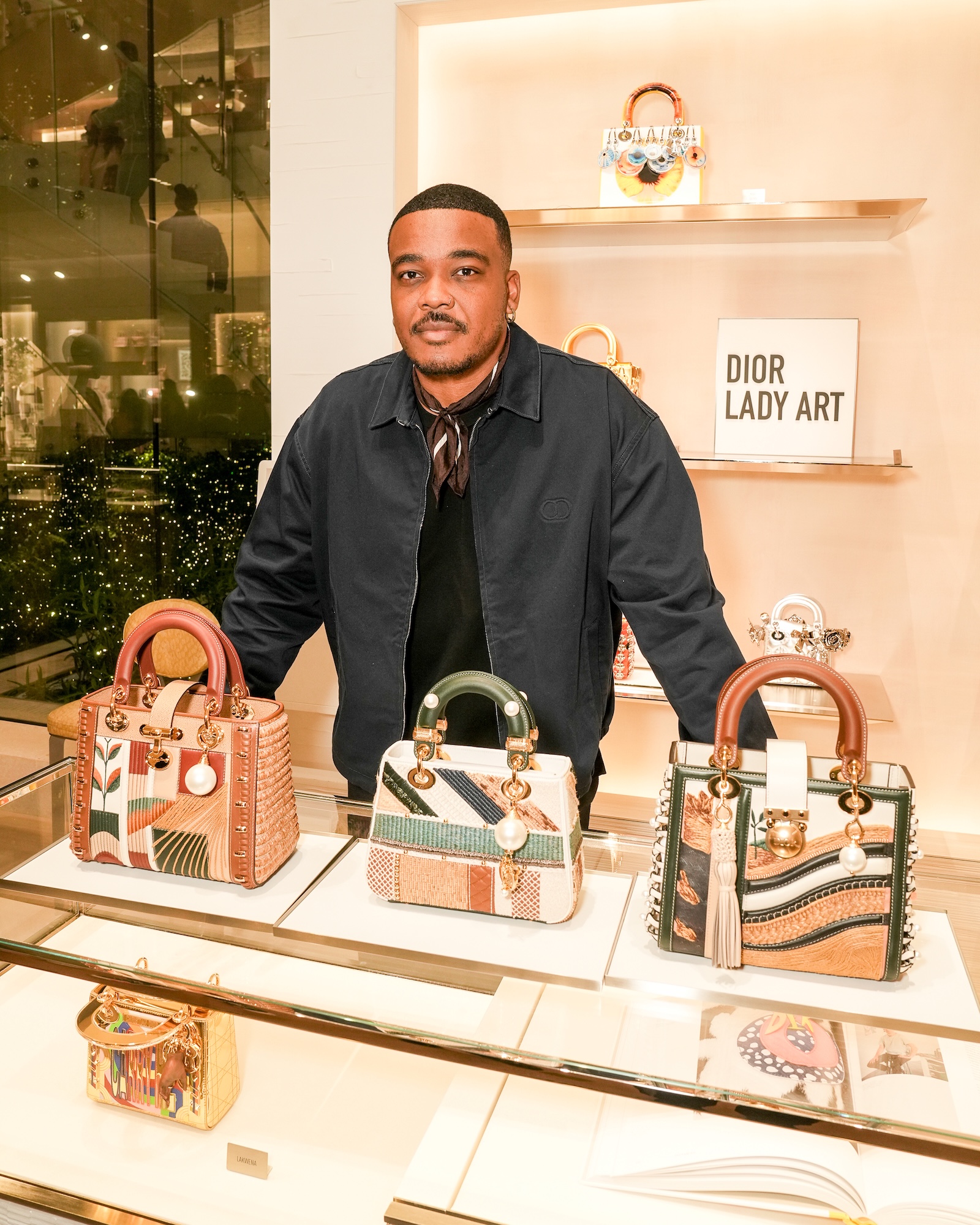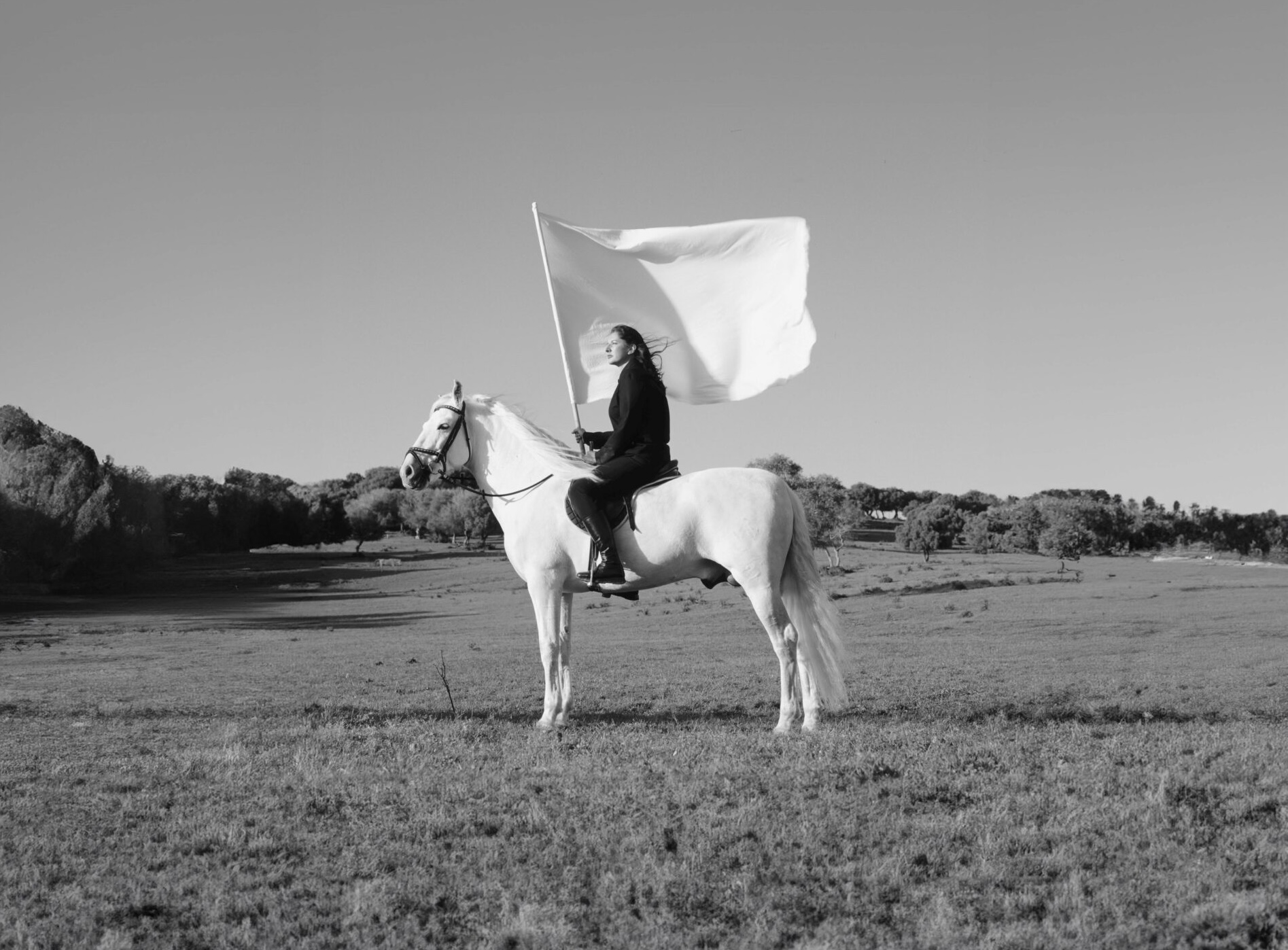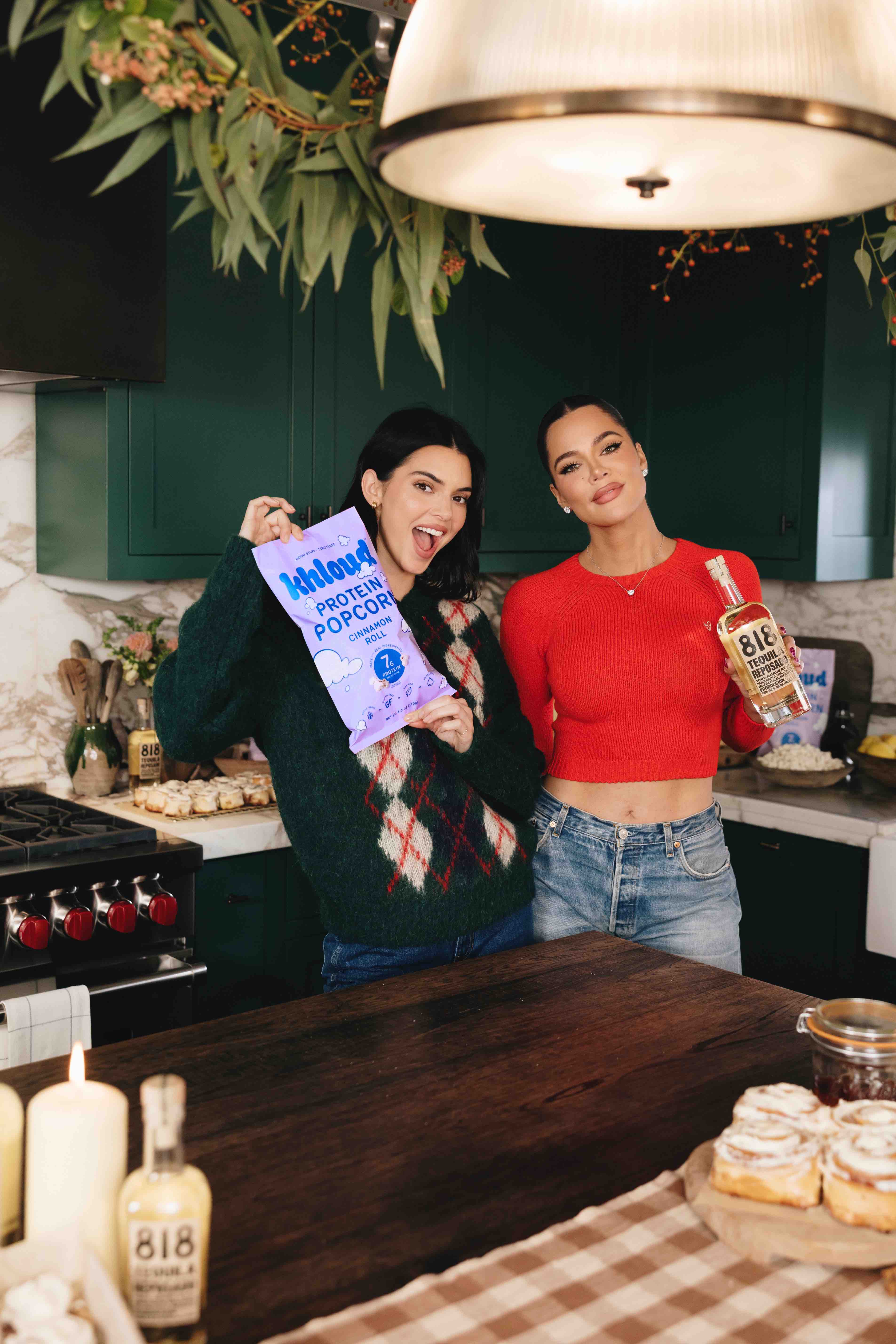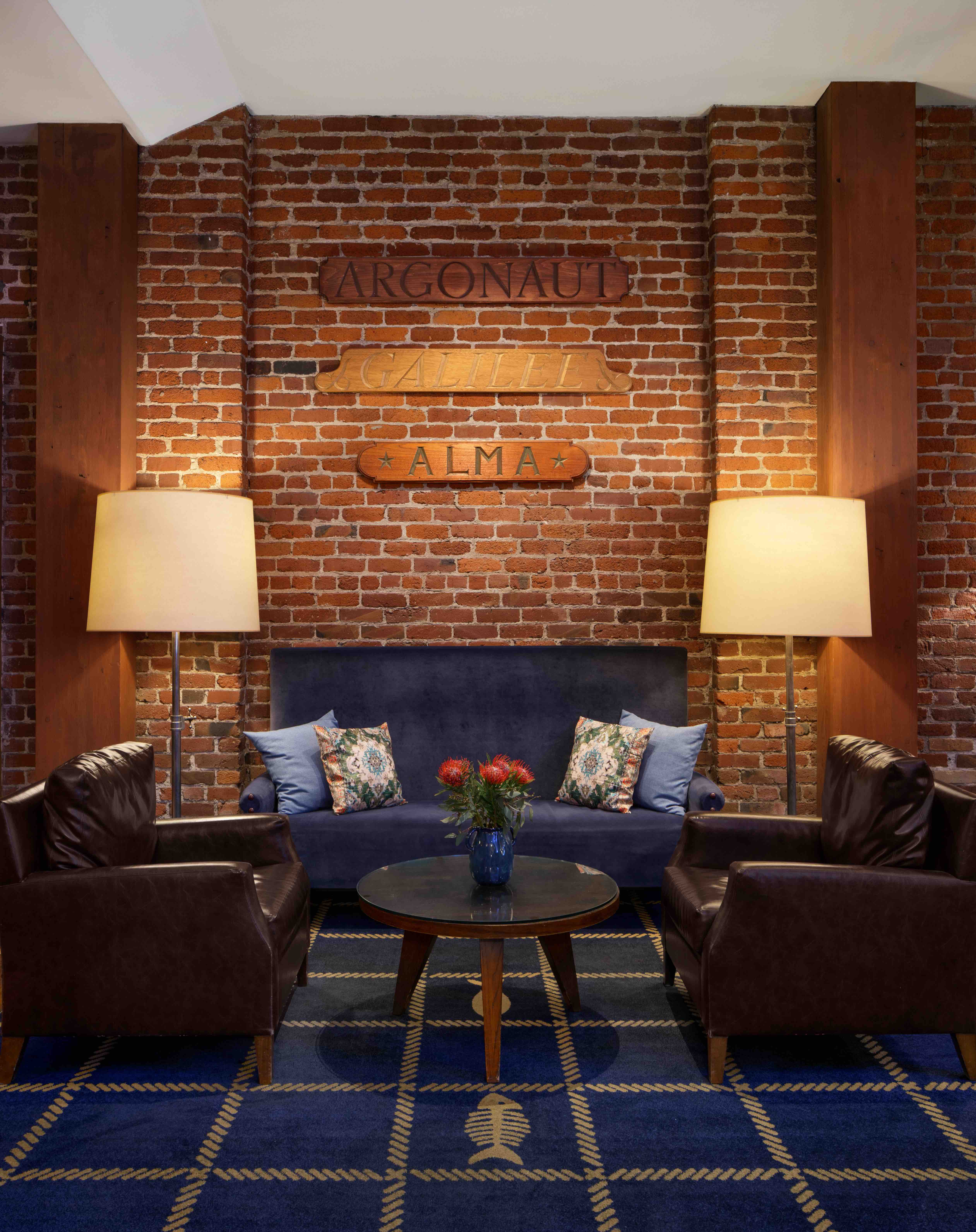PJ Morton is the multifaceted New Orleans-based musician and producer. While he’s best known as a member of the pop-rock group, Maroon 5, PJ’s focus is redefining the music scene in his hometown by honing the sacred talent of Louisiana. Motown, Big Band, and Gospel are a few musical aspects that influenced Morton’s upbringing, translating into many of his works like the 2017 album, ’Gumbo.’ Collaborating with the likes of Stevie Wonder, Lil Wayne, and Erykah Badu, to name a few, PJ has become R&B’s secret weapon with his extensive knowledge in soul music. Whether he’s on stage with Maroon 5, performing solo, or producing music for new talent, Morton composes refreshing humbleness, despite the two Grammy Award nominations under his belt. We sat down with the soul guru to discuss all things Louisiana, Motown, Maroon 5, and his upcoming holiday album, ‘Christmas with PJ Morton:’


**_How have your roots in New Orleans shaped your artistry?_**
The main thing is integrity. The musicians in New Orleans are our doctors and lawyers, so there’s a badge of honor and respect that goes along with that, and in turn, I think we respect the music differently. That’s what shaped me more than any sound or anything specific sonically; it’s the attitude of “I’m gonna do what I’m gonna do and how I wanna do it,” in a way that has that integrity.
**_How has your father’s background in gospel been influential to your sound?_**
He was a pastor and a gospel singer, and that was a big part of my upbringing. Learning how to play in church, the emotions that come up in church, you know, the energy. That shaped me and prepared me for this crazy industry; you have to be able to adjust. The spirit of gospel music is still very much present in R&B music, the only difference is the words, not talking about God, but there's still that exchange that happens. I never want to lose that, that's what soul music is to me. It's connecting on that level.
**_Your music often compares to modern-day Motown. What’s your connection with the Motown soul genre?_**
My father is Canadian from Windsor, which is right across the tunnel from Detroit. My uncle Jimmy played on a bunch of Motown records and performed at C.L. Franklin’s church, which is Aretha Franklin’s dad. There's a thin line between gospel and soul music and that being my roots. I think the messages were clear with Motown. It was pop music in the sense that they talked about things that everyone could relate to, but they did it in a way where you could feel it on a level emotionally. And I want my music to be perceived on a deeper level than just surface.
**_Like Motown, your infamous for using “Big Band” orchestration. Tell us about the importance of “Big Band” to you._**
When I was working on this last record specifically, I was listening to a lot of Frank Sinatra and had just watched the Quincy Jones documentary. ‘Fly Me to the Moon’ was my first inspiration to get back into Frank and I didn't know that Quincy had arranged that. My other go-to’s are ‘Thriller’ and ‘Off the Wall’ just as far as combining pop music and orchestration. I think that humans being able to create that in one room, seeing the orchestra do that, it's magical to see. As a producer, instead of creating samples with orchestration in it, I wanted to be the sample and create real things with real people because all of that plays a part in the exchange, the connection. It's like the organic, real thing. I heard orchestration on all the songs that I was writing probably because of the space that I was in listening to Frank.
**_You play alongside Maroon 5 as their keyboardist and vocalist. What has that experience been like?_**
It's been amazing; It's been eight years now. I came in as a tour member and eventually became an official part of the band. It has allowed me to knock off a bunch of bucket list things; I wanted to play SNL, and I wanted to play the Grammy's. Now, I’ve done all those things multiple times. I thought that it would inspire me to want these things more as a solo artist, but what it actually did, was made me go inward because I was satisfied with these amazing things that have happened with Maroon. It allowed me to be myself even more as a solo artist, which is not what I was expecting when I joined the band. I thought playing two nights at Madison Square Garden \[with Maroon 5\] would make me want to play two solo nights at Madison Square Garden, which would be cool, but it's not the goal anymore. The goal is to make incredible art and whatever happens, happens because I've had these dreams all my life as a musician.
**_More recently, you created your own record company to source burgeoning New Orleans talent; Tell us a little bit about that._**
It's inspiring for me to watch other people's dreams come true and play a part in it. It allows me to get some of the things that I've done for myself as an independent and as a marketing guy too. Now, I not only work on things for myself but other people and hopefully together we create a culture in New Orleans that is based on industry, the creation of new sound, and putting it out to the world. New Orleans has always been known for performance; It's never been known for the music business. I want to bring that spirit to New Orleans, and I'm protective of it because don’t want to exploit it, I want it to be a special thing. It's exciting for me as a new chapter. I've been back in New Orleans for three years now, and things took longer than I thought, but I did Gumbo first. That was two years, and now, I just signed my first artist and first producer.
**_How did you decide to move back to Louisiana?_**
I left after high school actually and didn’t plan on going back to New Orleans. My last year in LA was draining, and I was losing my love and direction, so I decided to go back. It connected me back to my roots and how I fell in love with music in the first place. Also, I felt like I could be a leader there and hone a lot of the talent that’s happening there. I didn’t need to be in LA anymore, I originally moved to join Maroon 5, and now we’re all good, I don’t need to be there anymore physically. So I decided to go back home, and it’s been one of the best decisions.
**_Walk us through the creation of Gumbo._**
People thought that sonically I was mixing up a bunch of different sounds, but it wasn’t about that. I wrote during the presidential campaign, and the world was so divisive that I felt the need to speak on heavy topics. As an artist, I wanted to sing more than just love songs, so I challenged myself to write more than that. ‘Everything’s Gonna Be Alright’ is an inspiring, encouraging song in these rough times. ‘Go Thru Your Phone’ is talking about relationship issues. ‘They Gon’ Wanna Come’ is about having a dream and people not supporting it. What started to manifest was a collection of different subject matters. Before then, I had written almost entirely about love and relationships, so this was a challenge for me. Once it came together, it was all over the place, and it felt like a pot of Gumbo. It was the first record that I made entirely in New Orleans where Gumbo is famous; so this is my Gumbo.
**_‘Only One’ was a Grammy-nominated song in collaboration with Stevie Wonder. What was that creative process like?_**
I’m so influenced by Stevie that I heard him on this track and it was just a whim. I knew people played it for him, but at that point, I thought, it’s either going to be super easy or impossible. I called this guy, he got me to an assistant of Stevie’s, and he listened to it and liked it. I remember the assistant sent me a video of him listening to it and messing around with it and it blew my mind. It was and still is the pinnacle for me, you know, I've worked with Stevie Wonder; the person who made me want to be an artist period. He recorded it, and they sent it to me. I was on the road, and I listened to it, and I thought I was going to cry, but I didn't, I was just in shock. I listened to his part like a million times over. We happened to be on the same plane a month after the record had come out and he was asking me about it. We have a light relationship now; I can call on him if I need to and it’s something that I hold super sacred. The fact that I have any connection to him, it's just mind-blowing to me.
**_If you could collaborate with any artist, dead or alive, who would you be most inclined to work with?_**
Stevie used to be my answer; he’s one of my heroes. I think some of my colleagues right now; I'd love to work with Chance \[The Rapper\], Kendrick Lamar, Paul McCartney- I’m a huge Beatles fan. Prince, for sure, he’s one that I wish I could have worked with. I kept missing his jam sessions at his house. When I joined Erykah Badu’s band, they were like, “hey you just missed it we were at Prince’s house the other night,” and I was super bummed. Then I joined Maroon 5, and they were like, “man, just a couple of weeks ago we were at Prince’s house,” I'm like, “how do I keep missing this?” Prince would have been a huge one.
**_What can we expect from your holiday album, Christmas with PJ Morton?_**
A soulful take on Christmas. I wasn't born when they were coming out, but the Motown Christmas albums and compilations were such an original take on things. I think a lot of people got into the Bing Crosby sound by redoing them exactly how they were. So this is a fresh take on a lot of the classics, and there are two originals. For example, there's a New Orleans bounce version of ‘This Christmas’ and a reggae version of ‘Winter Wonderland.’ I didn't want to do the same renditions; this is a Christmas Gumbo version. Big orchestration, again, just continuing with that motto that I had on Gumbo. Christmas music is my favorite. Every Christmas, my family and I have huge sing-alongs; everybody in my family is musical, so it was a big part of my life. My father videotaped every Christmas since I was two. In that, you can see me growing up; Playing drums, playing everything, and eventually becoming myself. Motown played a part in filling a space, and I think that space hasn't been filled in a while and so I'm hoping this will be one of the staples. They're the classic Christmas songs that people love, but a different take on it.
* * *
Photographed by: Adair Smith
 
**_How have your roots in New Orleans shaped your artistry?_**
The main thing is integrity. The musicians in New Orleans are our doctors and lawyers, so there’s a badge of honor and respect that goes along with that, and in turn, I think we respect the music differently. That’s what shaped me more than any sound or anything specific sonically; it’s the attitude of “I’m gonna do what I’m gonna do and how I wanna do it,” in a way that has that integrity.
**_How has your father’s background in gospel been influential to your sound?_**
He was a pastor and a gospel singer, and that was a big part of my upbringing. Learning how to play in church, the emotions that come up in church, you know, the energy. That shaped me and prepared me for this crazy industry; you have to be able to adjust. The spirit of gospel music is still very much present in R&B music, the only difference is the words, not talking about God, but there's still that exchange that happens. I never want to lose that, that's what soul music is to me. It's connecting on that level.
**_Your music often compares to modern-day Motown. What’s your connection with the Motown soul genre?_**
My father is Canadian from Windsor, which is right across the tunnel from Detroit. My uncle Jimmy played on a bunch of Motown records and performed at C.L. Franklin’s church, which is Aretha Franklin’s dad. There's a thin line between gospel and soul music and that being my roots. I think the messages were clear with Motown. It was pop music in the sense that they talked about things that everyone could relate to, but they did it in a way where you could feel it on a level emotionally. And I want my music to be perceived on a deeper level than just surface.
**_Like Motown, your infamous for using “Big Band” orchestration. Tell us about the importance of “Big Band” to you._**
When I was working on this last record specifically, I was listening to a lot of Frank Sinatra and had just watched the Quincy Jones documentary. ‘Fly Me to the Moon’ was my first inspiration to get back into Frank and I didn't know that Quincy had arranged that. My other go-to’s are ‘Thriller’ and ‘Off the Wall’ just as far as combining pop music and orchestration. I think that humans being able to create that in one room, seeing the orchestra do that, it's magical to see. As a producer, instead of creating samples with orchestration in it, I wanted to be the sample and create real things with real people because all of that plays a part in the exchange, the connection. It's like the organic, real thing. I heard orchestration on all the songs that I was writing probably because of the space that I was in listening to Frank.
**_You play alongside Maroon 5 as their keyboardist and vocalist. What has that experience been like?_**
It's been amazing; It's been eight years now. I came in as a tour member and eventually became an official part of the band. It has allowed me to knock off a bunch of bucket list things; I wanted to play SNL, and I wanted to play the Grammy's. Now, I’ve done all those things multiple times. I thought that it would inspire me to want these things more as a solo artist, but what it actually did, was made me go inward because I was satisfied with these amazing things that have happened with Maroon. It allowed me to be myself even more as a solo artist, which is not what I was expecting when I joined the band. I thought playing two nights at Madison Square Garden \[with Maroon 5\] would make me want to play two solo nights at Madison Square Garden, which would be cool, but it's not the goal anymore. The goal is to make incredible art and whatever happens, happens because I've had these dreams all my life as a musician.
**_More recently, you created your own record company to source burgeoning New Orleans talent; Tell us a little bit about that._**
It's inspiring for me to watch other people's dreams come true and play a part in it. It allows me to get some of the things that I've done for myself as an independent and as a marketing guy too. Now, I not only work on things for myself but other people and hopefully together we create a culture in New Orleans that is based on industry, the creation of new sound, and putting it out to the world. New Orleans has always been known for performance; It's never been known for the music business. I want to bring that spirit to New Orleans, and I'm protective of it because don’t want to exploit it, I want it to be a special thing. It's exciting for me as a new chapter. I've been back in New Orleans for three years now, and things took longer than I thought, but I did Gumbo first. That was two years, and now, I just signed my first artist and first producer.
**_How did you decide to move back to Louisiana?_**
I left after high school actually and didn’t plan on going back to New Orleans. My last year in LA was draining, and I was losing my love and direction, so I decided to go back. It connected me back to my roots and how I fell in love with music in the first place. Also, I felt like I could be a leader there and hone a lot of the talent that’s happening there. I didn’t need to be in LA anymore, I originally moved to join Maroon 5, and now we’re all good, I don’t need to be there anymore physically. So I decided to go back home, and it’s been one of the best decisions.
**_Walk us through the creation of Gumbo._**
People thought that sonically I was mixing up a bunch of different sounds, but it wasn’t about that. I wrote during the presidential campaign, and the world was so divisive that I felt the need to speak on heavy topics. As an artist, I wanted to sing more than just love songs, so I challenged myself to write more than that. ‘Everything’s Gonna Be Alright’ is an inspiring, encouraging song in these rough times. ‘Go Thru Your Phone’ is talking about relationship issues. ‘They Gon’ Wanna Come’ is about having a dream and people not supporting it. What started to manifest was a collection of different subject matters. Before then, I had written almost entirely about love and relationships, so this was a challenge for me. Once it came together, it was all over the place, and it felt like a pot of Gumbo. It was the first record that I made entirely in New Orleans where Gumbo is famous; so this is my Gumbo.
**_‘Only One’ was a Grammy-nominated song in collaboration with Stevie Wonder. What was that creative process like?_**
I’m so influenced by Stevie that I heard him on this track and it was just a whim. I knew people played it for him, but at that point, I thought, it’s either going to be super easy or impossible. I called this guy, he got me to an assistant of Stevie’s, and he listened to it and liked it. I remember the assistant sent me a video of him listening to it and messing around with it and it blew my mind. It was and still is the pinnacle for me, you know, I've worked with Stevie Wonder; the person who made me want to be an artist period. He recorded it, and they sent it to me. I was on the road, and I listened to it, and I thought I was going to cry, but I didn't, I was just in shock. I listened to his part like a million times over. We happened to be on the same plane a month after the record had come out and he was asking me about it. We have a light relationship now; I can call on him if I need to and it’s something that I hold super sacred. The fact that I have any connection to him, it's just mind-blowing to me.
**_If you could collaborate with any artist, dead or alive, who would you be most inclined to work with?_**
Stevie used to be my answer; he’s one of my heroes. I think some of my colleagues right now; I'd love to work with Chance \[The Rapper\], Kendrick Lamar, Paul McCartney- I’m a huge Beatles fan. Prince, for sure, he’s one that I wish I could have worked with. I kept missing his jam sessions at his house. When I joined Erykah Badu’s band, they were like, “hey you just missed it we were at Prince’s house the other night,” and I was super bummed. Then I joined Maroon 5, and they were like, “man, just a couple of weeks ago we were at Prince’s house,” I'm like, “how do I keep missing this?” Prince would have been a huge one.
**_What can we expect from your holiday album, Christmas with PJ Morton?_**
A soulful take on Christmas. I wasn't born when they were coming out, but the Motown Christmas albums and compilations were such an original take on things. I think a lot of people got into the Bing Crosby sound by redoing them exactly how they were. So this is a fresh take on a lot of the classics, and there are two originals. For example, there's a New Orleans bounce version of ‘This Christmas’ and a reggae version of ‘Winter Wonderland.’ I didn't want to do the same renditions; this is a Christmas Gumbo version. Big orchestration, again, just continuing with that motto that I had on Gumbo. Christmas music is my favorite. Every Christmas, my family and I have huge sing-alongs; everybody in my family is musical, so it was a big part of my life. My father videotaped every Christmas since I was two. In that, you can see me growing up; Playing drums, playing everything, and eventually becoming myself. Motown played a part in filling a space, and I think that space hasn't been filled in a while and so I'm hoping this will be one of the staples. They're the classic Christmas songs that people love, but a different take on it.
* * *
Photographed by: Adair Smith

**_How have your roots in New Orleans shaped your artistry?_**
The main thing is integrity. The musicians in New Orleans are our doctors and lawyers, so there’s a badge of honor and respect that goes along with that, and in turn, I think we respect the music differently. That’s what shaped me more than any sound or anything specific sonically; it’s the attitude of “I’m gonna do what I’m gonna do and how I wanna do it,” in a way that has that integrity.
**_How has your father’s background in gospel been influential to your sound?_**
He was a pastor and a gospel singer, and that was a big part of my upbringing. Learning how to play in church, the emotions that come up in church, you know, the energy. That shaped me and prepared me for this crazy industry; you have to be able to adjust. The spirit of gospel music is still very much present in R&B music, the only difference is the words, not talking about God, but there's still that exchange that happens. I never want to lose that, that's what soul music is to me. It's connecting on that level.
**_Your music often compares to modern-day Motown. What’s your connection with the Motown soul genre?_**
My father is Canadian from Windsor, which is right across the tunnel from Detroit. My uncle Jimmy played on a bunch of Motown records and performed at C.L. Franklin’s church, which is Aretha Franklin’s dad. There's a thin line between gospel and soul music and that being my roots. I think the messages were clear with Motown. It was pop music in the sense that they talked about things that everyone could relate to, but they did it in a way where you could feel it on a level emotionally. And I want my music to be perceived on a deeper level than just surface.
**_Like Motown, your infamous for using “Big Band” orchestration. Tell us about the importance of “Big Band” to you._**
When I was working on this last record specifically, I was listening to a lot of Frank Sinatra and had just watched the Quincy Jones documentary. ‘Fly Me to the Moon’ was my first inspiration to get back into Frank and I didn't know that Quincy had arranged that. My other go-to’s are ‘Thriller’ and ‘Off the Wall’ just as far as combining pop music and orchestration. I think that humans being able to create that in one room, seeing the orchestra do that, it's magical to see. As a producer, instead of creating samples with orchestration in it, I wanted to be the sample and create real things with real people because all of that plays a part in the exchange, the connection. It's like the organic, real thing. I heard orchestration on all the songs that I was writing probably because of the space that I was in listening to Frank.
**_You play alongside Maroon 5 as their keyboardist and vocalist. What has that experience been like?_**
It's been amazing; It's been eight years now. I came in as a tour member and eventually became an official part of the band. It has allowed me to knock off a bunch of bucket list things; I wanted to play SNL, and I wanted to play the Grammy's. Now, I’ve done all those things multiple times. I thought that it would inspire me to want these things more as a solo artist, but what it actually did, was made me go inward because I was satisfied with these amazing things that have happened with Maroon. It allowed me to be myself even more as a solo artist, which is not what I was expecting when I joined the band. I thought playing two nights at Madison Square Garden \[with Maroon 5\] would make me want to play two solo nights at Madison Square Garden, which would be cool, but it's not the goal anymore. The goal is to make incredible art and whatever happens, happens because I've had these dreams all my life as a musician.
**_More recently, you created your own record company to source burgeoning New Orleans talent; Tell us a little bit about that._**
It's inspiring for me to watch other people's dreams come true and play a part in it. It allows me to get some of the things that I've done for myself as an independent and as a marketing guy too. Now, I not only work on things for myself but other people and hopefully together we create a culture in New Orleans that is based on industry, the creation of new sound, and putting it out to the world. New Orleans has always been known for performance; It's never been known for the music business. I want to bring that spirit to New Orleans, and I'm protective of it because don’t want to exploit it, I want it to be a special thing. It's exciting for me as a new chapter. I've been back in New Orleans for three years now, and things took longer than I thought, but I did Gumbo first. That was two years, and now, I just signed my first artist and first producer.
**_How did you decide to move back to Louisiana?_**
I left after high school actually and didn’t plan on going back to New Orleans. My last year in LA was draining, and I was losing my love and direction, so I decided to go back. It connected me back to my roots and how I fell in love with music in the first place. Also, I felt like I could be a leader there and hone a lot of the talent that’s happening there. I didn’t need to be in LA anymore, I originally moved to join Maroon 5, and now we’re all good, I don’t need to be there anymore physically. So I decided to go back home, and it’s been one of the best decisions.
**_Walk us through the creation of Gumbo._**
People thought that sonically I was mixing up a bunch of different sounds, but it wasn’t about that. I wrote during the presidential campaign, and the world was so divisive that I felt the need to speak on heavy topics. As an artist, I wanted to sing more than just love songs, so I challenged myself to write more than that. ‘Everything’s Gonna Be Alright’ is an inspiring, encouraging song in these rough times. ‘Go Thru Your Phone’ is talking about relationship issues. ‘They Gon’ Wanna Come’ is about having a dream and people not supporting it. What started to manifest was a collection of different subject matters. Before then, I had written almost entirely about love and relationships, so this was a challenge for me. Once it came together, it was all over the place, and it felt like a pot of Gumbo. It was the first record that I made entirely in New Orleans where Gumbo is famous; so this is my Gumbo.
**_‘Only One’ was a Grammy-nominated song in collaboration with Stevie Wonder. What was that creative process like?_**
I’m so influenced by Stevie that I heard him on this track and it was just a whim. I knew people played it for him, but at that point, I thought, it’s either going to be super easy or impossible. I called this guy, he got me to an assistant of Stevie’s, and he listened to it and liked it. I remember the assistant sent me a video of him listening to it and messing around with it and it blew my mind. It was and still is the pinnacle for me, you know, I've worked with Stevie Wonder; the person who made me want to be an artist period. He recorded it, and they sent it to me. I was on the road, and I listened to it, and I thought I was going to cry, but I didn't, I was just in shock. I listened to his part like a million times over. We happened to be on the same plane a month after the record had come out and he was asking me about it. We have a light relationship now; I can call on him if I need to and it’s something that I hold super sacred. The fact that I have any connection to him, it's just mind-blowing to me.
**_If you could collaborate with any artist, dead or alive, who would you be most inclined to work with?_**
Stevie used to be my answer; he’s one of my heroes. I think some of my colleagues right now; I'd love to work with Chance \[The Rapper\], Kendrick Lamar, Paul McCartney- I’m a huge Beatles fan. Prince, for sure, he’s one that I wish I could have worked with. I kept missing his jam sessions at his house. When I joined Erykah Badu’s band, they were like, “hey you just missed it we were at Prince’s house the other night,” and I was super bummed. Then I joined Maroon 5, and they were like, “man, just a couple of weeks ago we were at Prince’s house,” I'm like, “how do I keep missing this?” Prince would have been a huge one.
**_What can we expect from your holiday album, Christmas with PJ Morton?_**
A soulful take on Christmas. I wasn't born when they were coming out, but the Motown Christmas albums and compilations were such an original take on things. I think a lot of people got into the Bing Crosby sound by redoing them exactly how they were. So this is a fresh take on a lot of the classics, and there are two originals. For example, there's a New Orleans bounce version of ‘This Christmas’ and a reggae version of ‘Winter Wonderland.’ I didn't want to do the same renditions; this is a Christmas Gumbo version. Big orchestration, again, just continuing with that motto that I had on Gumbo. Christmas music is my favorite. Every Christmas, my family and I have huge sing-alongs; everybody in my family is musical, so it was a big part of my life. My father videotaped every Christmas since I was two. In that, you can see me growing up; Playing drums, playing everything, and eventually becoming myself. Motown played a part in filling a space, and I think that space hasn't been filled in a while and so I'm hoping this will be one of the staples. They're the classic Christmas songs that people love, but a different take on it.
* * *
Photographed by: Adair Smith
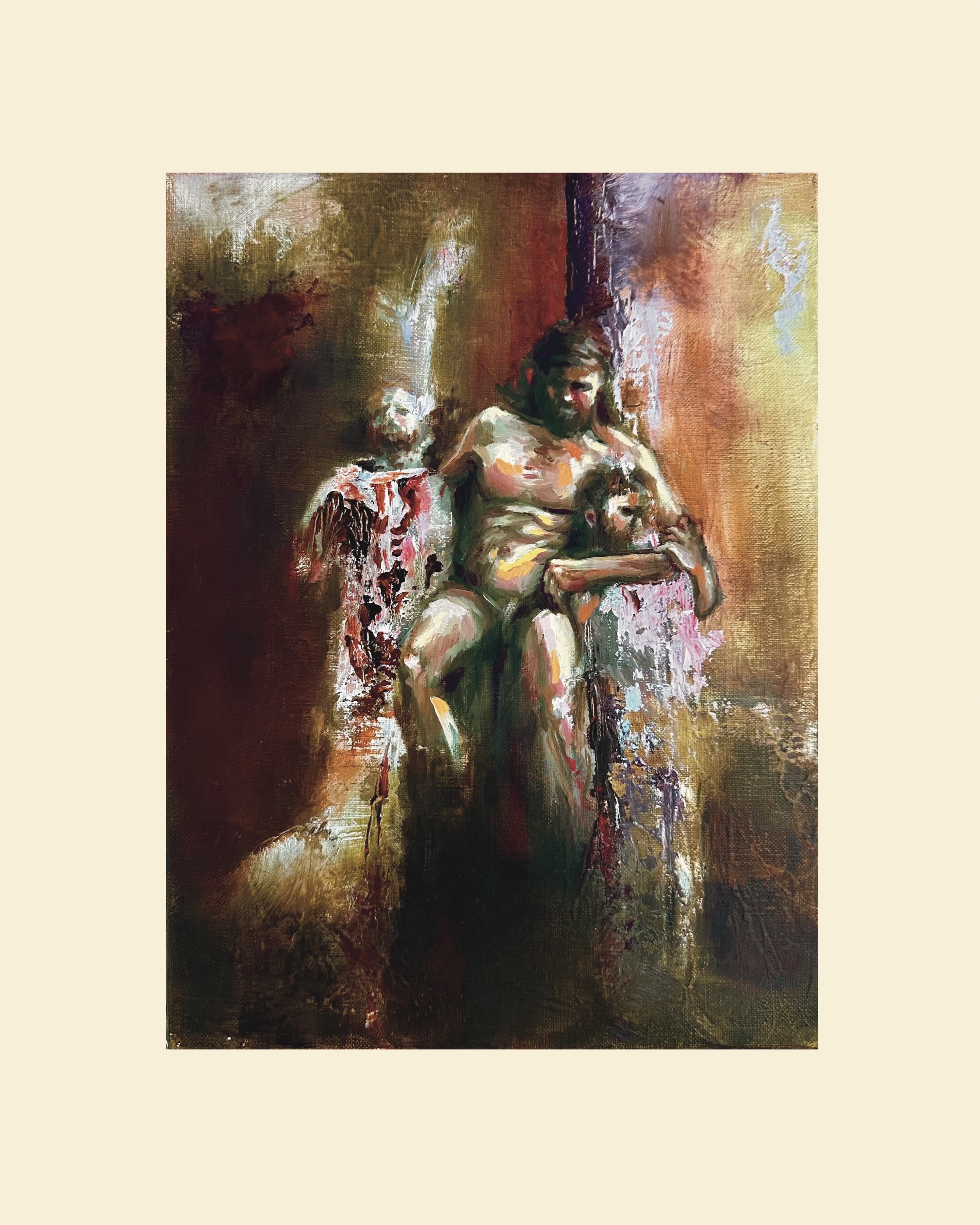

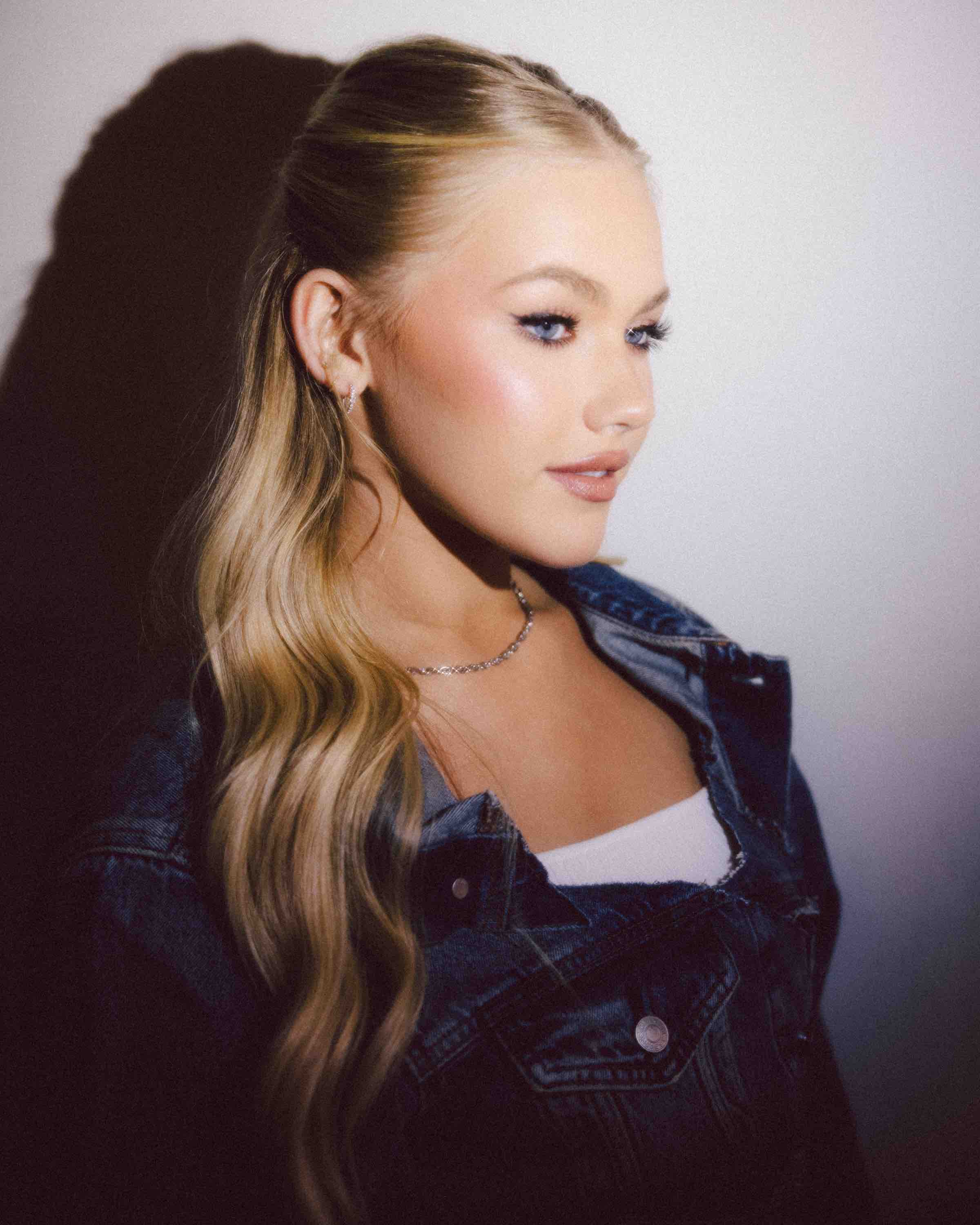
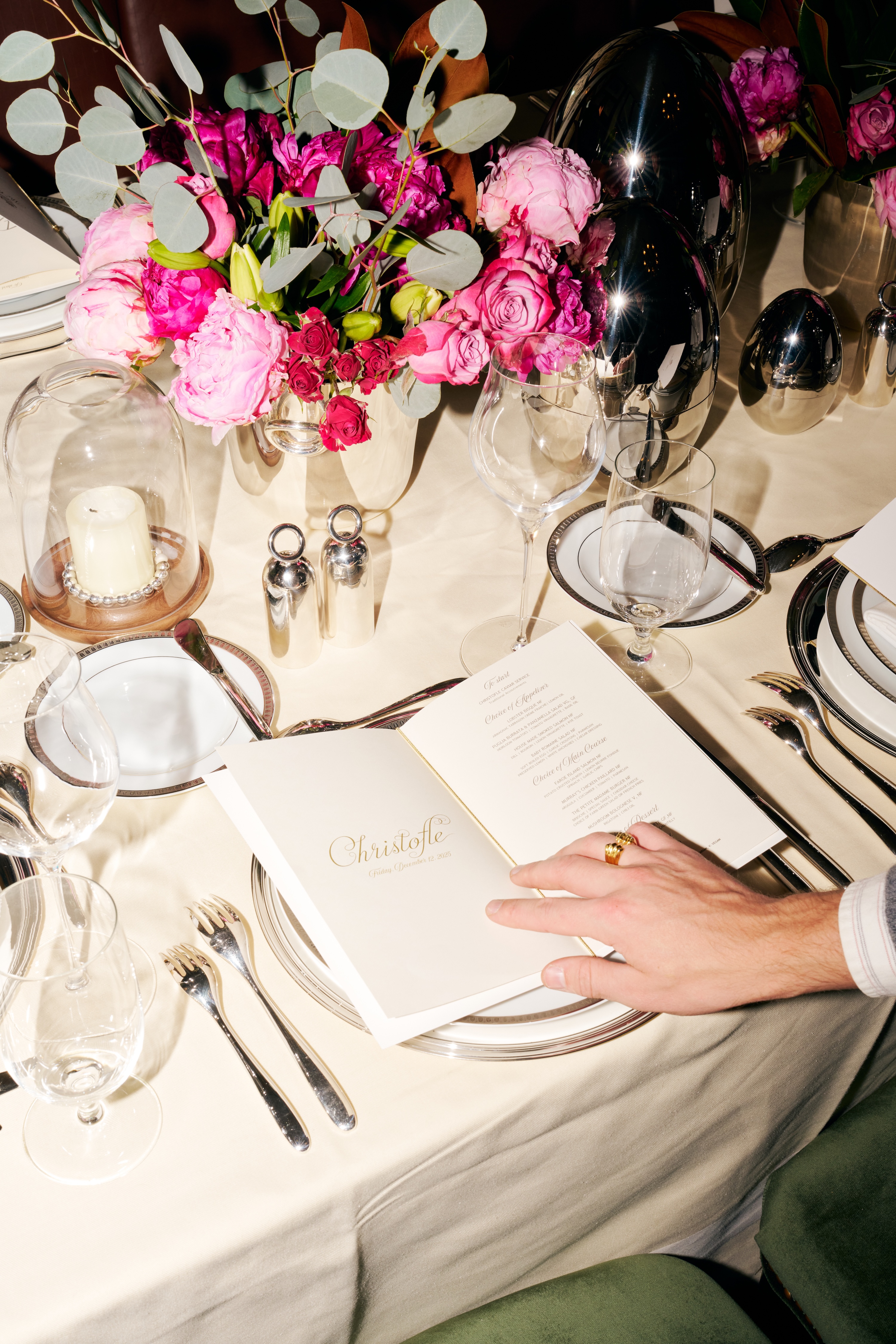
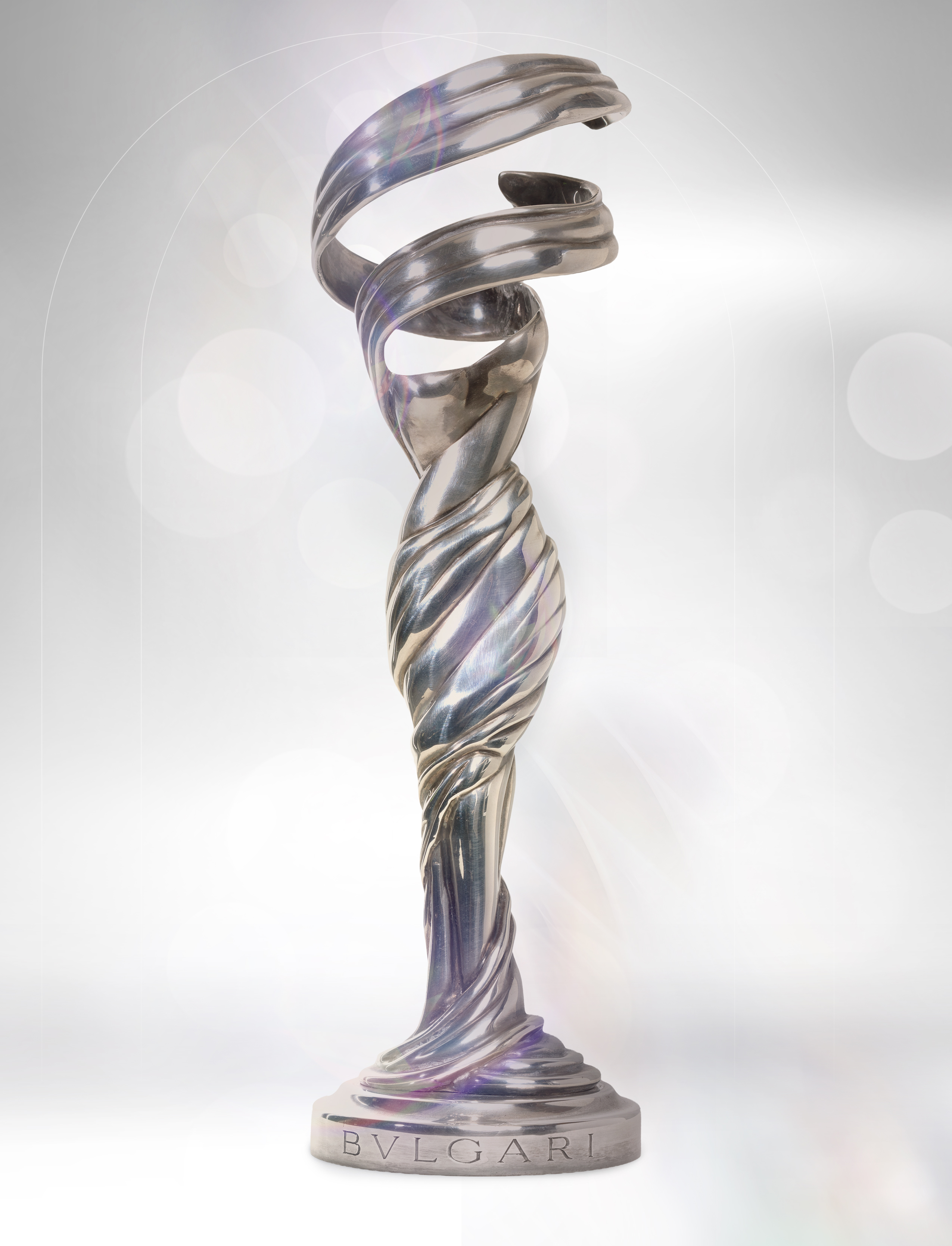

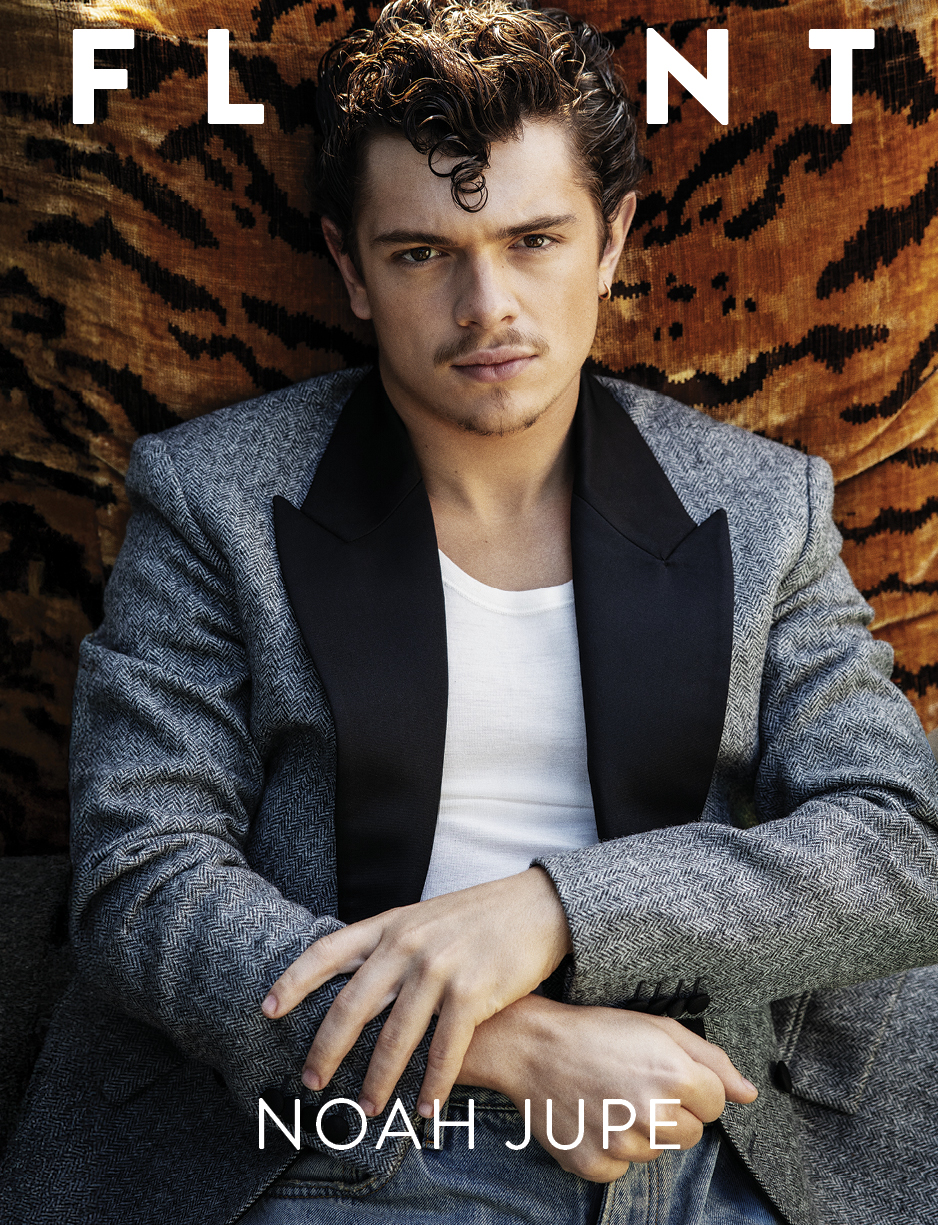
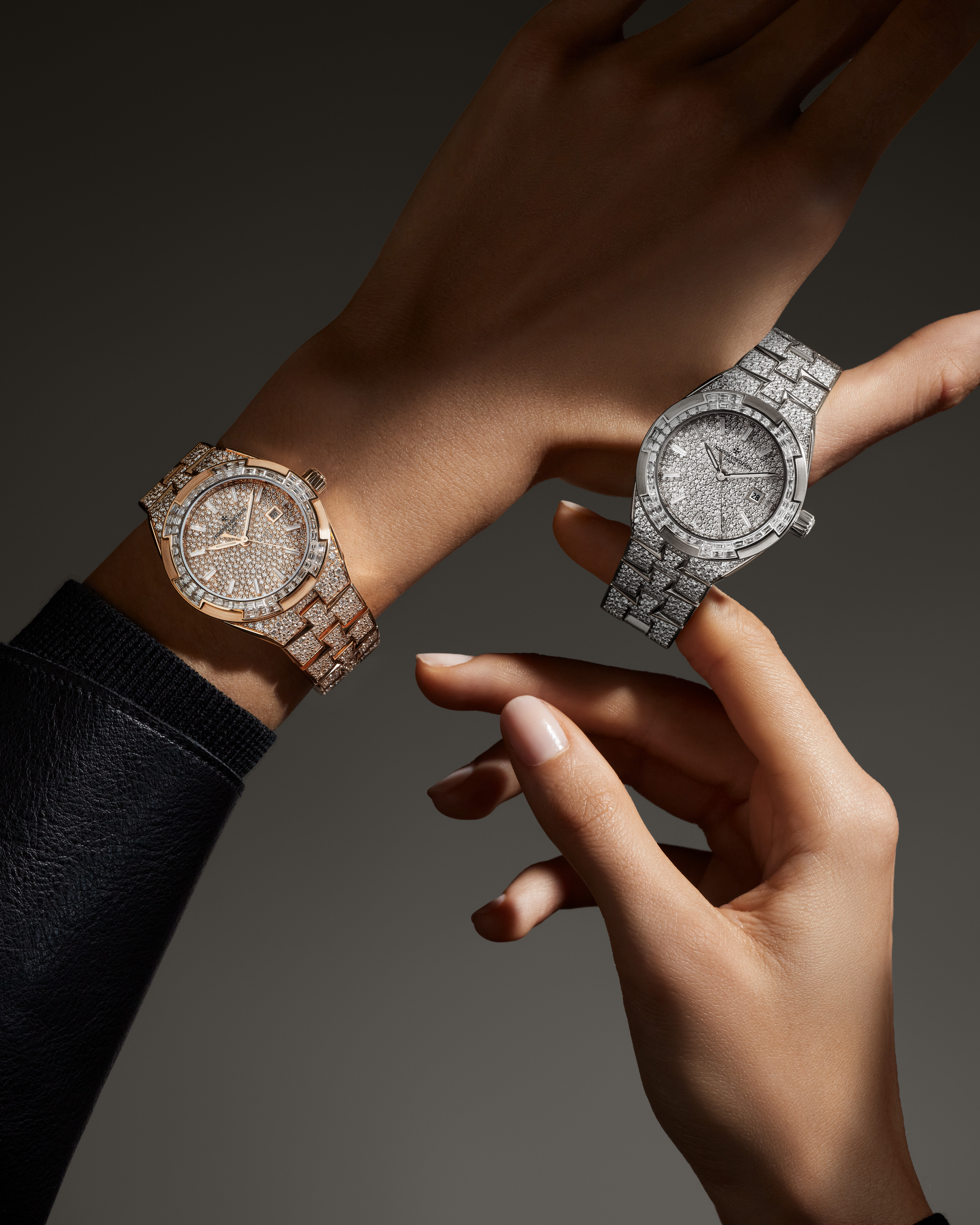
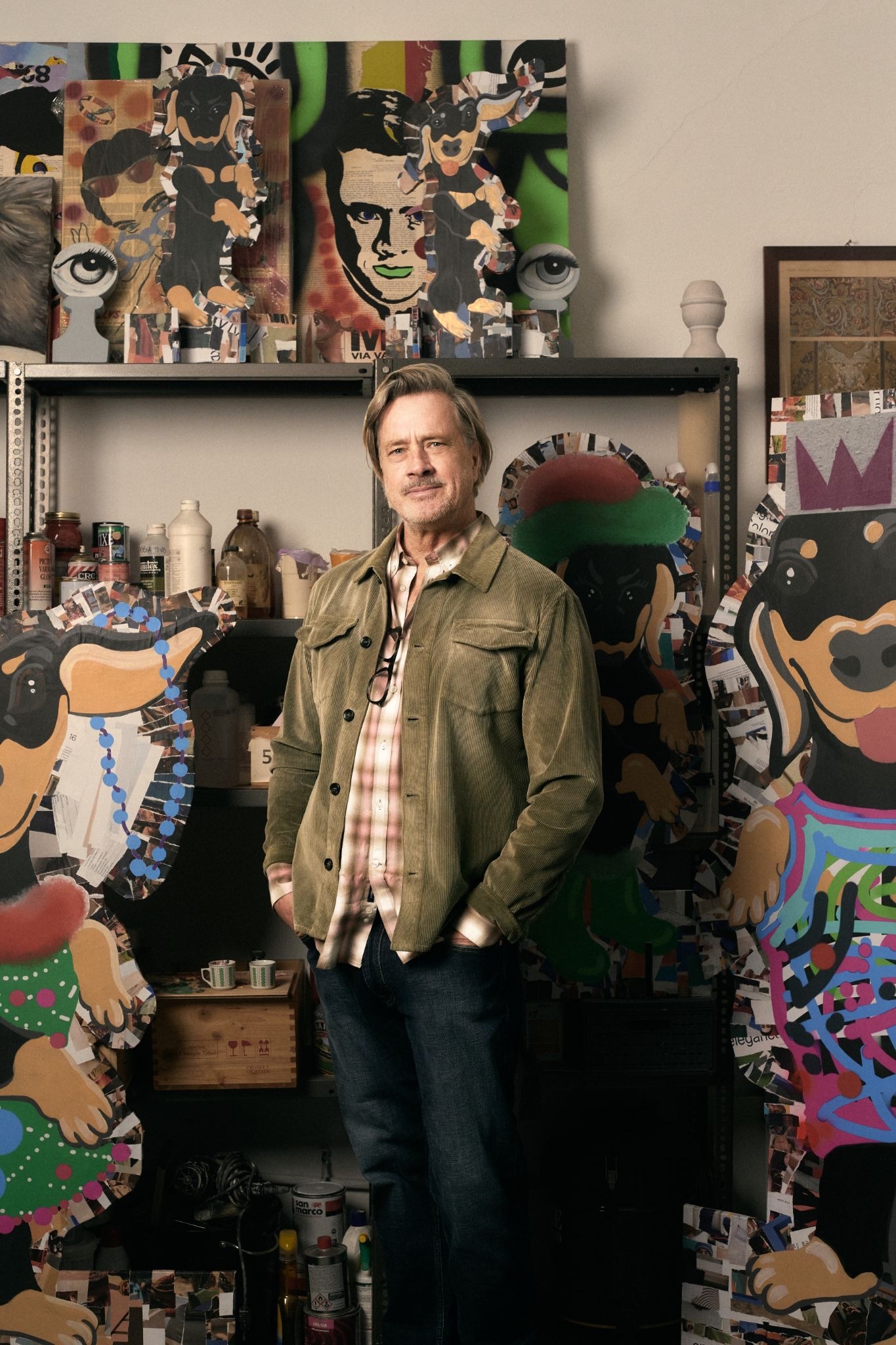
.JPG)
.jpg)
